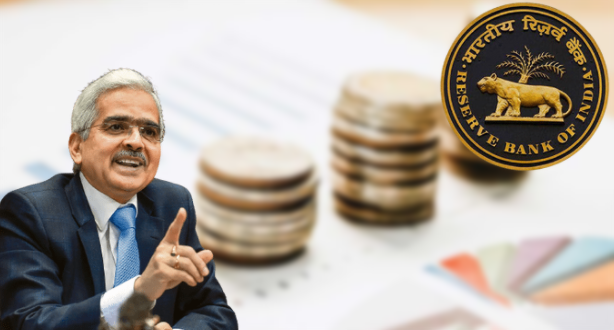- In February this year, the RBI announced that soon retail investors will be able to participate in the government bonds market.
- So far, only institutional investors were allowed to invest in government bonds and they were the major source of government debt financing apart from the foreign portfolio investment in g-sec.
- The scheduled commercial banks, especially the public sector ones, will be encouraged to give loans to private players instead of investing in government bonds to escape from the risk of giving loans to the private sector.
The Indian government and its agencies have been known for not delivering services on time for decades. However, in the last few years, many arms of the government have made themselves very efficient and RBI, the central bank of India, is one of them.
In February this year, the RBI announced that soon retail investors will be able to participate in the government bonds market. Within nine months, the central bank of India has delivered on the promise as Prime Minister Modi launched RBI Retail Direct Scheme. Under the scheme, retail investors will be able to invest directly in government securities and treasury bills.
TFI has applauded this step to democratize the investment in government borrowing in February, and now we thank RBI for preparing digital infrastructure for such a huge step within 9 months. Under the Retail Direct Scheme, investors can now directly purchase treasury bills, dated securities, sovereign gold bonds (SGB) and state development loans (SDLs) from primary, as well as secondary markets. Also, RBI is not charging anything for the facilities provided under the scheme.
“A significant milestone in the development of the government securities (G-sec) market, the Reserve Bank of India-Retail Direct (RBI-RD) Scheme will bring G-secs within easy reach of the common man by simplifying the process of investment,” the central bank said in a statement.
So far, only institutional investors were allowed to invest in government bonds and they were the major source of government debt financing apart from the foreign portfolio investment in g-sec. Commercial banks like SBI, HDFC were mandated to invest at least one-fifth of the total deposit in the government bonds so that the governments (state and union) have easy access to debt financing.
For the first time, the retail investors would have the opportunity to directly invest in government bonds. It would solve many issues at the same time. First, there would be plenty of money at the government’s disposal to finance capital expenditure. Given the fact that people of India trust the government more with their money compared to private firms, they would invest in government securities in large numbers.
Also, the government would not have to rely on foreign investors for loans. The foreign credit rating agencies like Moody’s, S&P keep the rating of developing countries like India and China low despite the minimal chances of default while the rating of the foreign governments, which have defaulted many times, is kept high. The rating agencies mostly have colonial attitudes and they want the western governments to have access to cheap loans while the governments of the developing countries pay billions of dollars for loans.
The scheduled commercial banks, especially the public sector ones, will be encouraged to give loans to private players instead of investing in government bonds to escape from the risk of giving loans to the private sector.
Moreover, there will be competition between the banks and the retail investors for the government securities and this will bring the rate of interest further down. If the government has the availability of cheaper loans, it will have more money to be spent on new projects.
The decision to allow the retail investors in government bonds is a revolutionary step and this will not only reform the government finances but would have many other positive spillover effects. India is the third country after the United States and Brazil to allow retail investors in government bonds.
With this revolutionary step, Shaktikanta Das would go down as one of the best governors in RBI’s history. Under his leadership, India’s financial markets are becoming more transparent and expanding at an exponential rate.

























